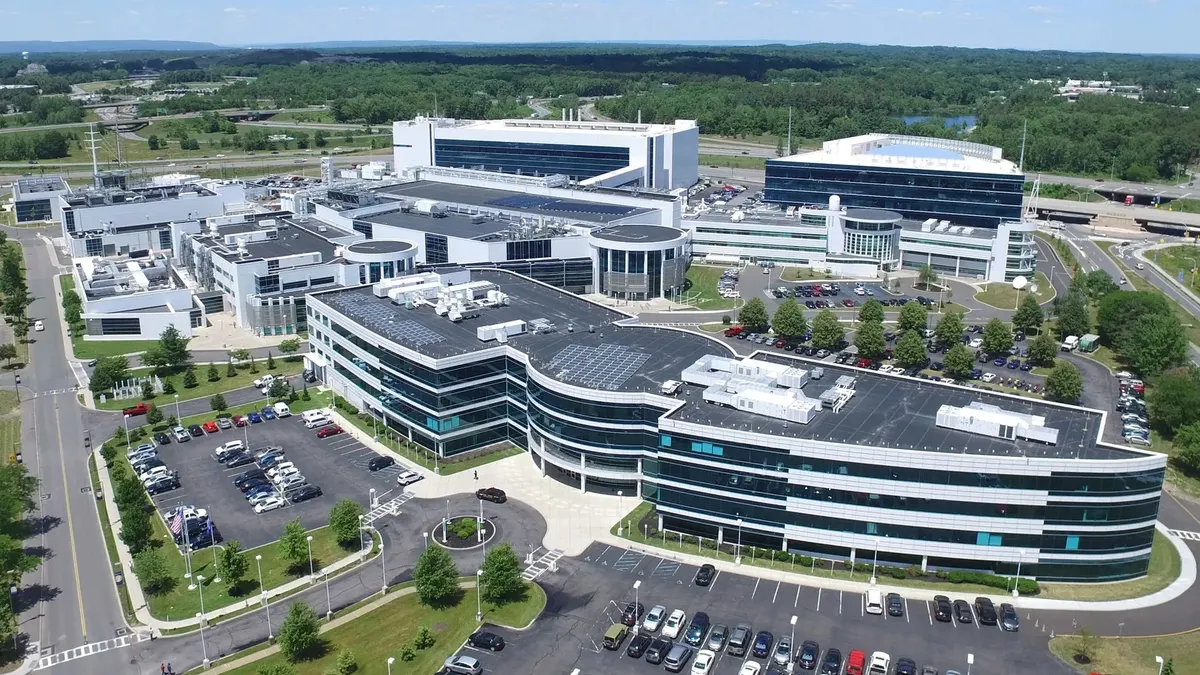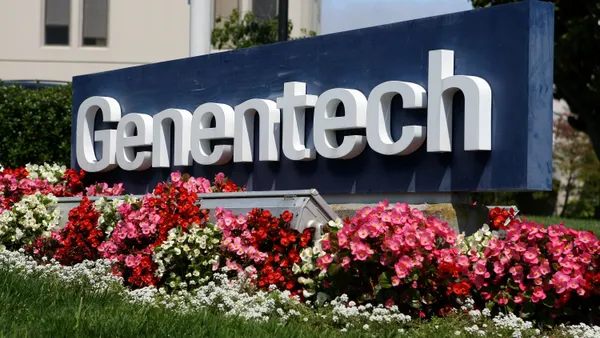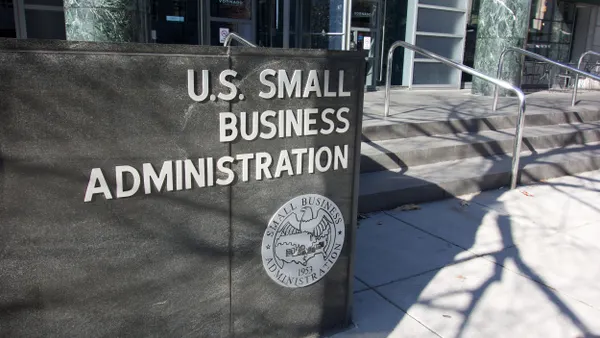Dive Brief:
- The Department of Commerce announced on Monday that it’s voiding up to $7.4 billion in CHIPS and Science Act funding allocated for the nonprofit National Center for the Advancement of Semiconductor Technology Center known as Natcast.
- Commerce Secretary Howard Lutnick accused the Biden administration of “illegally” creating Natcast as an independent nonprofit, instead of establishing the organization within the agency, according to the press release.
- Additionally, operational responsibility for the National Semiconductor Technology Center (NSTC) has been removed from Natcast and shifted to the National Institute of Standards and Technology, effective immediately, Lutnick said. Natcast did not respond to multiple requests for comment.
Dive Insight:
In his Aug. 25 letter to Natcast CEO Deirdre Hanford, Lutnick said the Biden administration allegedly violated the Government Corporation Control Act, which states that a federal agency can establish or acquire a corporation only if the United States specifically authorizes the action.
“The Department under the Biden Administration had no specific legal authorization to establish Natcast as it did — the CHIPS Act does not contain a provision specifically permitting the creation of a corporation to serve as the operator of the NSTC,” Lutnick said in his letter.
Additionally, Lutnick said that the Biden administration stacked Natcast “full of former Biden officials.”
However, many of Natcast’s executives and trustees have decades of experience in the semiconductor industry behind them. Hanford, for example, served as an executive at electronics and semiconductor design company Synopsys for over 36 years. As a Biden-appointed government official, she served on the CHIPS Industrial Advisory Committee for over a year, according to her LinkedIn profile.
Natcast General Counsel Jeremy Licht served in senior legal roles at the Commerce Department under the Biden administration for over three years amid his 15 years as an attorney, according to his LinkedIn profile. While Lauren Larson, Nastcast CFO and chief administrative officer, led the Office of Management and Budget under former President George W. Bush, according to her LinkedIn profile. She would go on to serve under former President Barack Obama.
Other Natcast executive staff and trustees previously worked at some of the most prominent chip companies, such as SVP of Research Robert Chau, who held various roles at Intel for over 35 years. Trustee Craig Barret rose through the Intel ranks since 1973 and served as its CEO in the late 1990s and early aughts.
The NSTC is a public-private consortium established through the CHIPS Act, focused on semiconductor research and development in the U.S., according to the NIST website. The National Defense Authorization Act of 2021 also authorized funds for the incentive, according to the NSTC 2025-2027 Strategic plan.
The NSTC assembles companies, academia and U.S. government agencies from across the semiconductor industry in an effort to collaborate and address barriers in new technologies as well as the need for a skilled workforce, according to the Natcast website.
Whereas Natcast was created by the Commerce Department in 2023, initially under the former name SemiUS, as the nonprofit entity designated to operate the NSTC. The agency reached its first agreement with the nonprofit that same year and over time, expanded the deal.
The following year, the Biden administration announced it was investing over $5 billion in the CHIPS R&D program, including the NSTC and Natcast. Additionally, the nonprofit inked a consortium agreement with the Commerce, Defense and Energy departments and the National Science Foundation. The agreement aims to support and extend semiconductor R&D and advanced manufacturing between public and private stakeholders as well as strengthen workforce efforts.
The Biden administration finalized the CHIPS funds and increased the investment to $6.3 billion in January. The administration also finalized another $1.1 billion for Natcast to oversee the advanced packaging capabilities of the CHIPS for America NSTC Prototyping and the National Advanced Packaging Manufacturing Program’s piloting facility, located in the Arizona State University Research Park in Tempe.
“This kind of impropriety is boldly illegal and this administration will end it,” Lutnick said in an Aug. 25 post on social media platform X. “The Trump Administration is committed to efficient use of taxpayer funds and continued American leadership in semiconductors.”
Since Natcast’s inception, the nonprofit has awarded funding to schools and designated facilities for semiconductor workforce and R&D. In July, the Commerce Department and Natcast opened a CHIPS-funded R&D flagship facility in Albany, New York. Dubbed the CHIPS for America Extreme Ultraviolet Accelerator, the site was set to receive a proposed federal investment of $825 million.
As Lutnick has voided the $7.4 billion funding allocated to Natcast, the agency head has not said what the Commerce Department plans to do with the money or whether the sites and programs will still receive funding.
Natcast is just the latest entity under the Biden era that Lutnick has pulled back from. In May, the Commerce head withdrew $210 million in federal funding from six U.S. technology and manufacturing hubs in an effort to revamp the investment program. Lutnick “encouraged” the past recipients to reapply for the federal funds.
Manufacturing Dive reached out to trade groups Semiconductor Industry Association and SEMI for comment on Lutnick’s withdrawal of funds from Natcast. SIA did not immediately respond and SEMI declined to comment.














